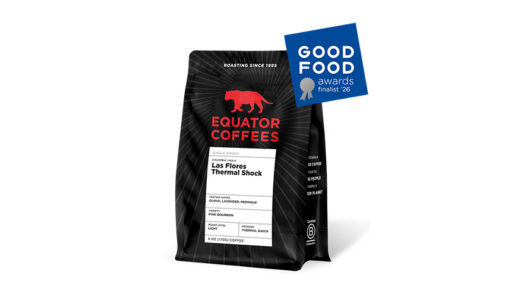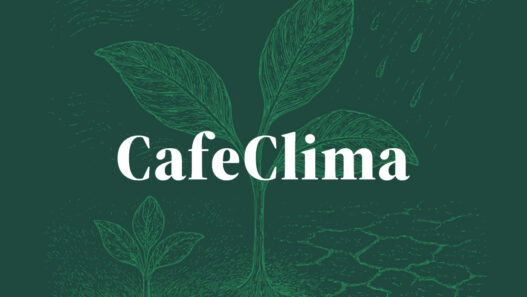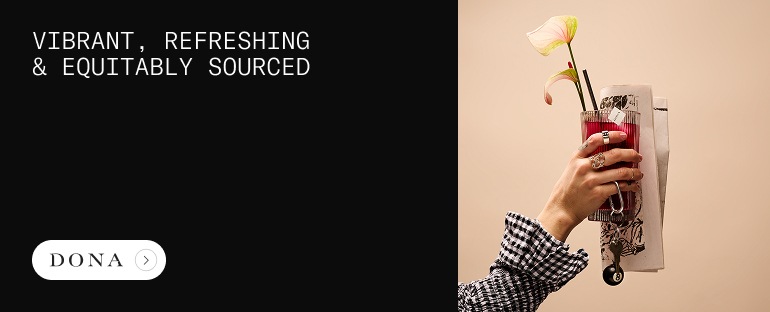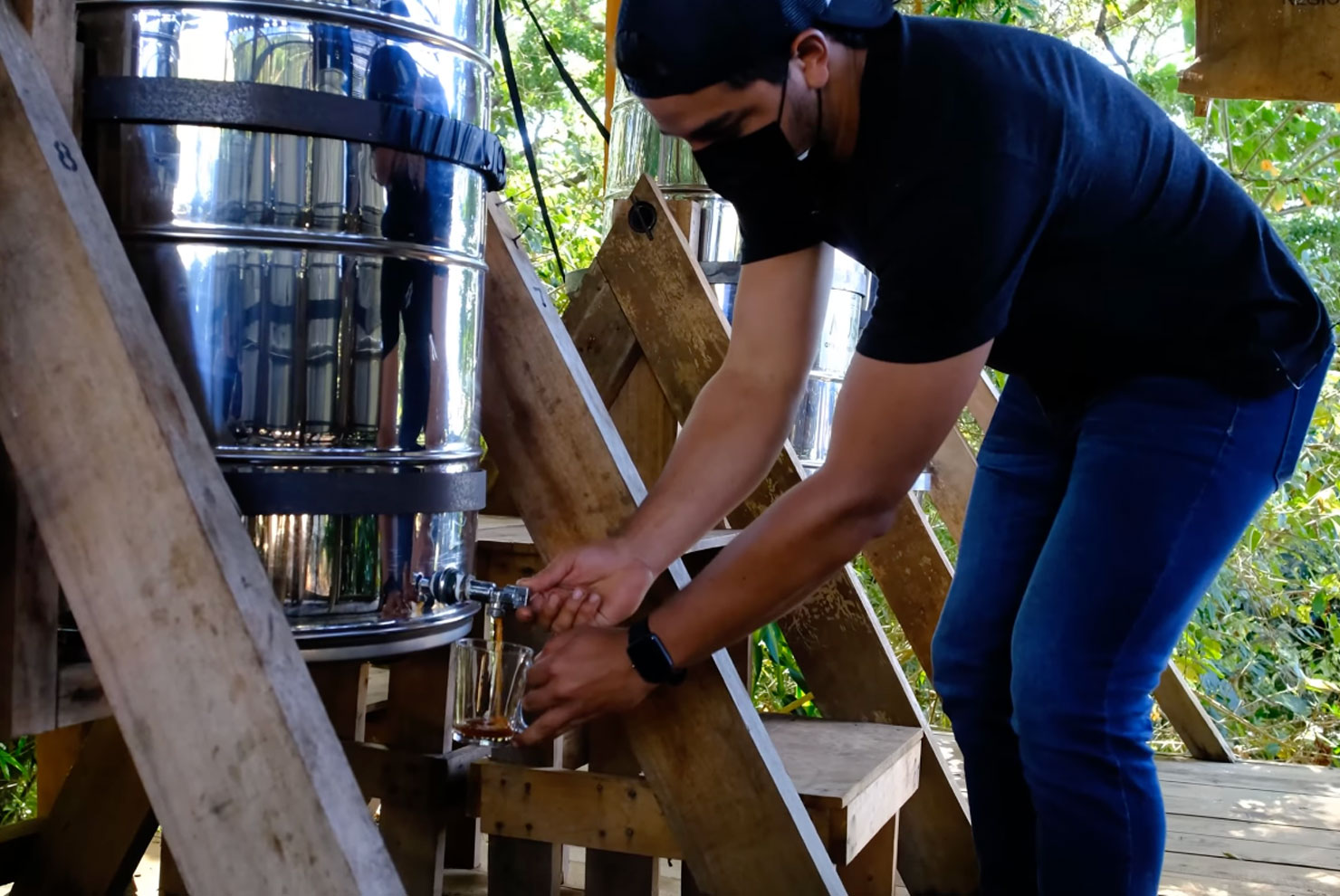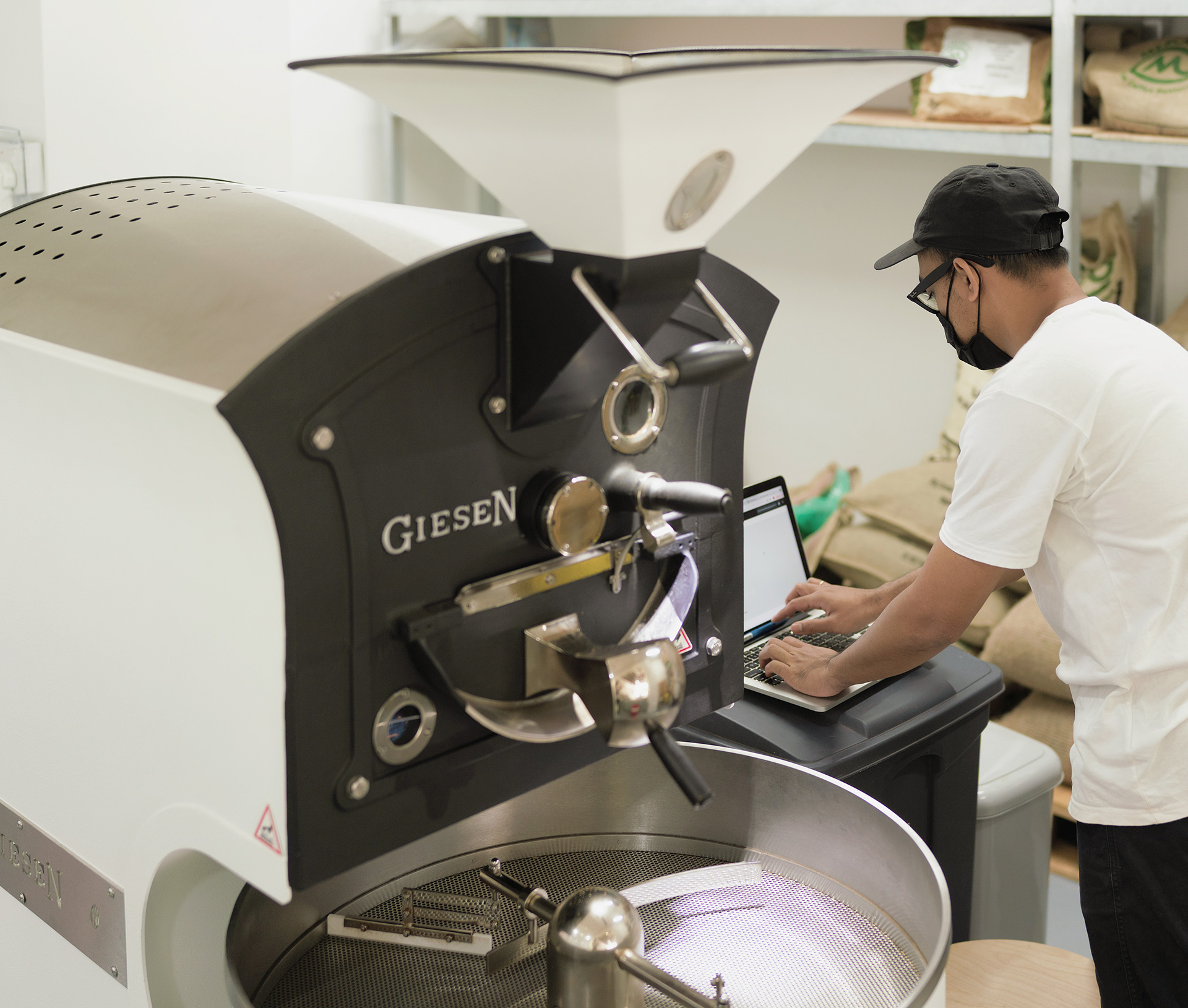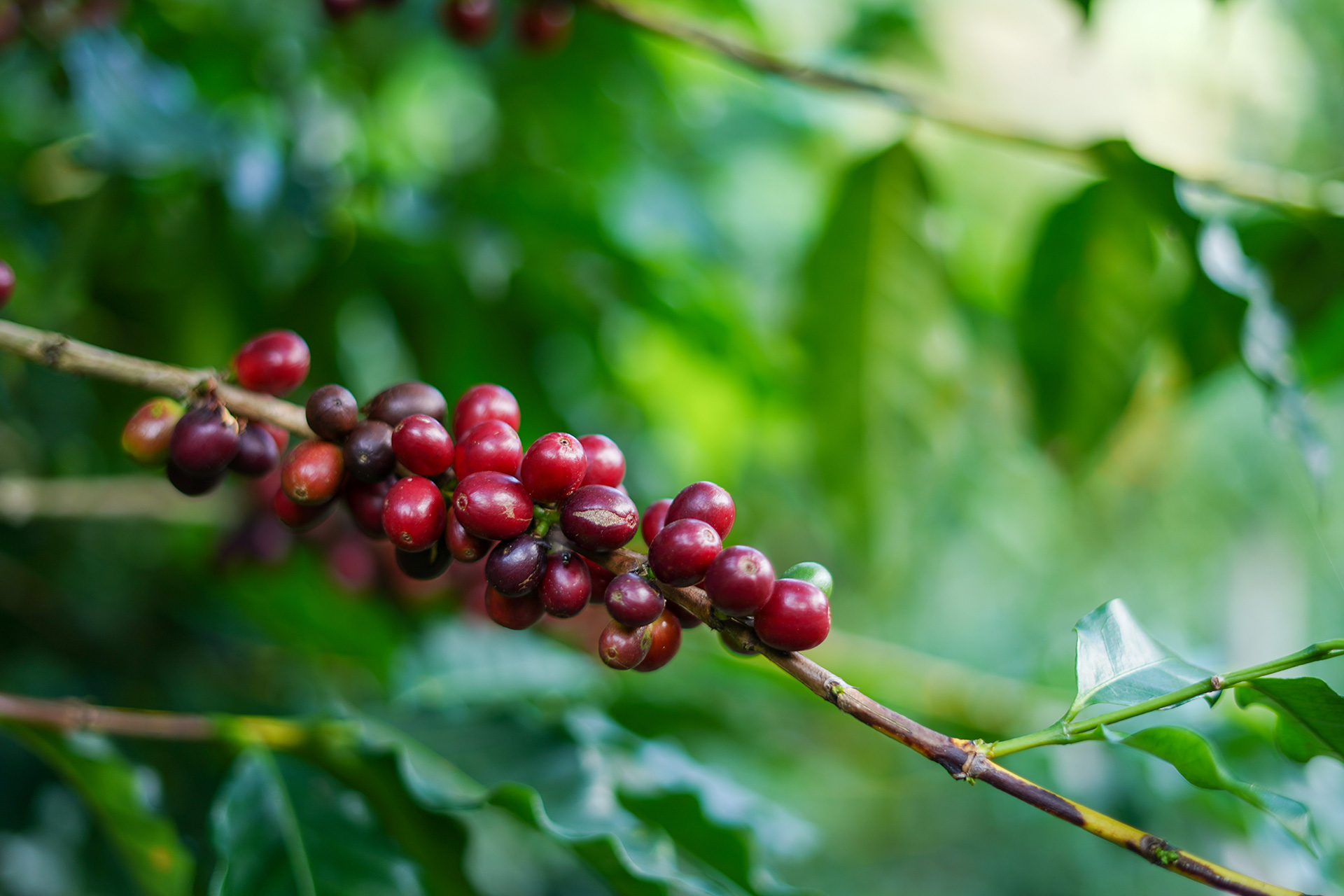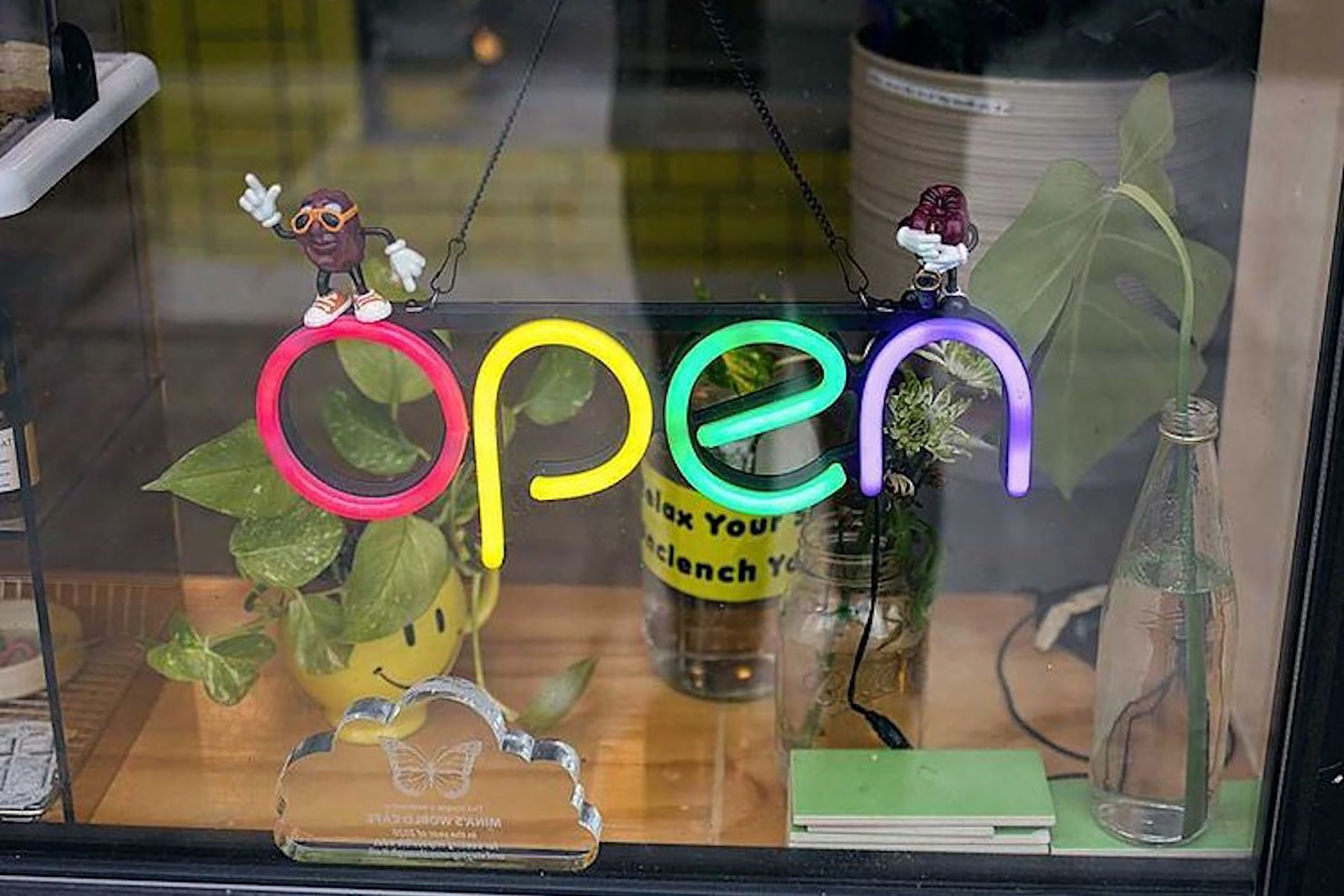We’ve been closely following the debate spurred by Has Bean founder Stephen Leighton’s recent firebrand blog post, “Direct Trade Sucks.” There are several fascinating comments attached to feature on Has Bean, from some of the brightest minds in the business. To whit, Erin Meister writes:
Several years ago, I started hearing new and young and very small roasters who would puff up describing how they flew to Peru or Guatemala and shook hands with a farmer and isn’t that authentic and isn’t that Direct — and frankly, it made me nervous. Negotiating these kinds of relationships must be (I qualify it because I am in no way a green-bean buyer or a member of the coffee department) immensely complex and often rather delicate, and it certainly can’t be appropriate or doable for everyone. At least not yet.
We must consider where the failures of Fair Trade — a movement with regulated standards, and global certifying committees behind it! — fall, along with its successes, and remember that Direct Trade doesn’t have that kind of structure to support it. Still, this many years on, everyone is kind of winging this Direct thing, and it makes it a much, much harder system to work under.
And check out this comment, from SCAA Symposium Director Peter Giuliano (a man who knows a thing or two about DT from his days at Counter Culture Coffee):
I congratulate you for such an honest and forthright blog post. Sharing your experiences will, I hope, be helpful to those who are just exploring the idea of working directly with farmers!
I can’t help but wonder, though. How does your “new policy” differ from your Direct Trade policy? Not to be glib, but reading through your 7 point policy sounds exactly like a Direct Trade system to me. Do you object to the words?
There’s more commentary on Has Bean’s blog, and we highly recommend you spend some time with those comments, as they’re every bit as fascinating as the parent post itself. But relating specifically to Mr. Giuliano’s commentary, excerpted above, Mr. Leighton has today published an addendum to his original post. From Mr. Leighton’s new post, titled “Clarification”:
So the past post made a bit of a splash (more so than I ever expected) thank you so much for the kind words and support. But I think it’s important to add some clarification
Has Bean will continue to buy the way it always has done; there are no changes or ramifications from the way we have always sourced, apart from that we won’t try and make our own in-house certification. Also, it’s important to remember that relationships are difficult, complicated, and impossible to capture in one book, let alone two words.
Last but certainly not least, our open-ended feature on Mr. Leighton’s blog post has inspired some expert commentary of its own. Geoff Watts, green buyer for Intelligentsia Coffee and Tea and one of the architects of the Direct Trade model, has written a lengthy commentary on Sprudge that is well worth your time. Here’s a brief excerpt:
I like this blog post a lot, despite the unfortunate title. Stephen is always one to wear his heart on the sleeve of his football jersey, and I’m sure many readers (myself included) can empathize with the predicaments he describes. They kind of cut to the core of what makes Direct Trade so meaningful when it does work; knowing how fragile relationships can be and how many unforeseen obstacles can crop up to complicate what was intended to be a somewhat straight-forward pursuit is important to understanding why DT is not for everyone. Stephen’s frustrating experiences with operating a Direct Trade model in his business are not unique to him—I would wager that most coffee buyers who attempt to implement an extremely hands-on, relationship-based approach to working with coffee farmers have run into similar obstacles at some point. The thing is, to build a reliable and consistent DT program requires a great many things, among them:
1. A lot of time (many years, I’d throw out 3 years as a basic starting point)
2. A ton of effort (extensive travel, year-round communication)
3. Substantial investment
4. A great deal of patience
5. A little bit of luck.What we are talking about here is, after all, a relationship. And everyone knows how challenging those are.
Mr. Watts’ learned commentary is supplemented by the words of Steve Mierisch, formerly of Intelligentsia, whose family owns a small network of fincas in Nicaragua. Mr. Mierisch is intimately acquainted with Direct Trade:
Direct Trade is not perfect. It means different things to different people. Is it meant to help farmers monetarily? Make them more socially or environmentally responsible? Improve quality?
If you want to help and support producers, do you not want them to get the most for their efforts even if that might mean another roaster outbids you? Wouldn’t you consider yourself successful if you have elevated someone to that level? Wouldn’t this encourage other farmers to up their quality efforts to be able to reach the prices they see their farmer friends getting? After all, this is what has fueled the return of “exotic” cultivars or the different processing methods – we are seeing farmers taking on these risks and sometimes (not always) getting awesome results.
If you do nothing else today, ye curious coffee reader, spend some time reading the commentary that attends Mr. Leighton’s original blog post. The Has Bean blog is a great place to start. We owe our readers on Sprudge a debt of gratitude for their insightful contributions to this ongoing discussion.
Blog comments can be a source of trolling, hideous evil, anonymous nonsense, and pointless rancor. But they don’t have to be. Not always. At their very best, open and active comments threads – like the two we’ve linked to above – greatly amplify the thoughts any single blog post or magazine article can provoke. Keep the discussion going, so we can all keep reading and learning.




